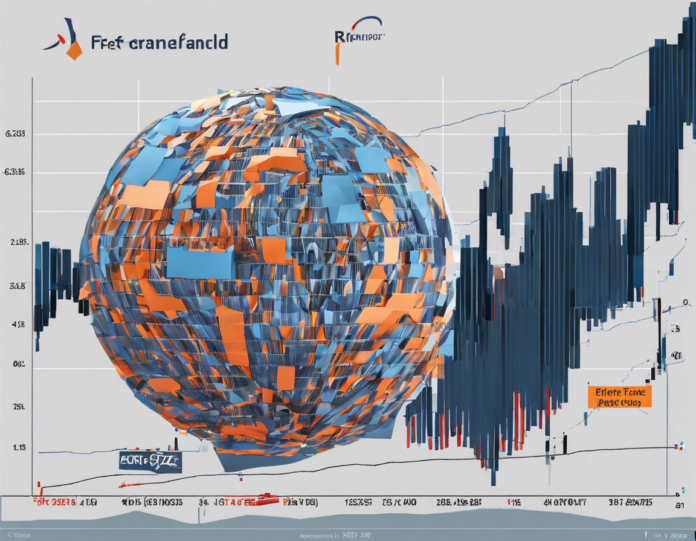In the world of investing, keeping a close eye on RCF share price trends can provide valuable insights for both short-term traders and long-term investors. The stock market is known for its volatility and unpredictability, making it essential to have a solid understanding of how stock prices behave over time. RCF, short for “Resilient Consulting Firm”, is a fictitious company used for the purpose of this article.
Understanding Share Price Trends
What are Share Price Trends?
Share price trends refer to the historical movement of a company’s stock price over a specific period. By analyzing these trends, investors can gain insights into the performance of the company, market sentiment, and potential future movements.
Factors Influencing Share Prices
Several factors can influence RCF share price trends:
1. Company Performance: Positive earnings reports and growth can drive stock prices higher.
2. Market Conditions: Economic indicators, political events, and industry trends can impact share prices.
3. Investor Sentiment: Market speculation, news, and social media trends can influence stock prices.
4. Competition: Actions taken by competitors can also affect share prices.
Analyzing Share Price Trends
Technical Analysis
Technical analysis involves studying historical price charts to predict future price movements. Common tools used in this analysis include moving averages, support and resistance levels, and chart patterns.
Fundamental Analysis
Fundamental analysis focuses on examining a company’s financials, such as earnings, revenue, and growth prospects. This analysis helps investors determine the intrinsic value of a stock.
Sentiment Analysis
Sentiment analysis involves assessing investor sentiment through indicators like news sentiment, social media mentions, and analyst recommendations.
Key Strategies for Monitoring Share Price Trends
Regular Monitoring
Closely track RCF share price trends on a regular basis to spot patterns and trends.
Setting Alerts
Use price alerts or notifications to stay informed of sudden price movements.
Utilizing Tools
Leverage charting tools, financial websites, and investment apps for in-depth analysis.
Interpreting Share Price Trends
Upward Trends
Upward trends indicate increasing buying pressure and positive market sentiment, signaling potential buy opportunities.
Downward Trends
Downward trends suggest selling pressure and negative sentiment, prompting caution or selling decisions.
Sideways Trends
Sideways trends indicate market consolidation and uncertainty, making it challenging for traders to predict the next price move.
Role of Market Psychology in Share Price Trends
Greed and Fear
Greed can drive stock prices higher, while fear can trigger selling and lead to price declines.
Herd Mentality
Investor herd mentality can cause stock bubbles and crashes as investors follow the crowd without independent analysis.
FAQs
1. How can I identify a trend reversal in share prices?
Look for breakouts from established patterns, volume spikes, and confirmation signals to identify potential trend reversals.
2. What role do news and events play in influencing share prices?
Company announcements, macroeconomic data releases, and market rumors can trigger significant price movements.
3. Is it possible to predict share prices accurately?
While no method guarantees 100% accuracy, combining technical, fundamental, and sentiment analysis can enhance prediction accuracy.
4. How do stock splits and dividends impact share prices?
Stock splits can increase the number of shares outstanding, leading to lower individual share prices. Dividends, on the other hand, can attract income-seeking investors, influencing share prices positively.
5. What is the significance of volume in analyzing share price trends?
Volume measures the number of shares traded and can confirm the strength of a price trend. High volume during price changes can signal sustainability.
Understanding RCF share price trends requires a comprehensive approach that incorporates technical, fundamental, and sentiment analysis. By staying informed, utilizing strategies, and interpreting market psychology, investors can make informed decisions in the dynamic world of stock trading.

